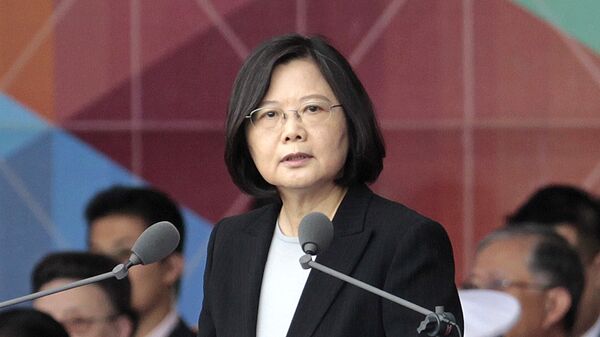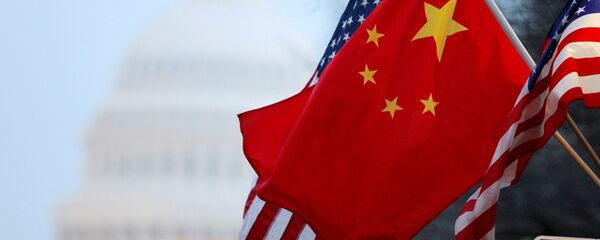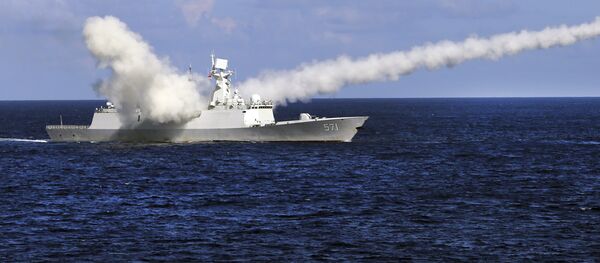"As chairperson of the ruling party, I will take complete responsibility for the outcome of today's local elections," Tsai, the first woman to be elected president of Taiwan, told reporters Saturday, Channel News Asia reported.
"I resign as DPP chairperson. Our efforts weren't enough and we let down all our supporters who fought with us. I want to express our most sincere apologies," Tsai added.
In the Saturday elections, the DPP lost seven of its 13 cities and counties to main opposition Nationalist Party or Kuomintang (KMT). The next presidential election will take place in January 2020.
Tsai has faced domestic backlash over her rhetoric regarding uniting against Beijing's expansionism.
In addition, China is deeply suspicious of Tsai. Since taking office in 2016, Beijing has ramped up military drills near Taiwan's coast, sparking fears that it might use its military to bar Taiwan from declaring full independence. China-Taiwan relations have been patchy since the two sides split in 1949 during the Chinese Civil War.
Beijing considers self-governing Taipei — lying just 100 miles or so off the Chinese mainland — to be part of its territory and claims sovereignty over the island. Taiwan, however, still bears the name of the pre-Communist-era government, the Republic of China, whose territorial control was confined to the island at the conclusion of the civil war in 1949, when the People's Republic of China was established in Beijing on the mainland.
"The results indicate the public are strongly dissatisfied with the performance of Tsai and used their ballots to teach her a lesson," Wang Kung-yi, a political-science professor at Chinese Culture University in Taipei, told the South China Morning Post (SCMP) Saturday.
Sun Da-chien, a former KMT legislator, told the SCMP that "the KMT should not entertain the thought that it is the actual winner of the election."
"Rather it won because voters were disappointed with the DPP and Tsai's performance," he said.
Yu Keli, a former director of the Taiwan research center at the Chinese Academy of Social Sciences, noted that the election results will affect future Taiwan-China relationships.
"The DPP is at a crossroads, we will see whether there will be a more rational voice in the party to reflect its policy on relations with mainland China, but we shouldn't build our hopes up too much."
"It reflects Taiwan's hopes for peaceful relations across the strait, and it is going to have a positive and profound impact on cross-strait relations."






